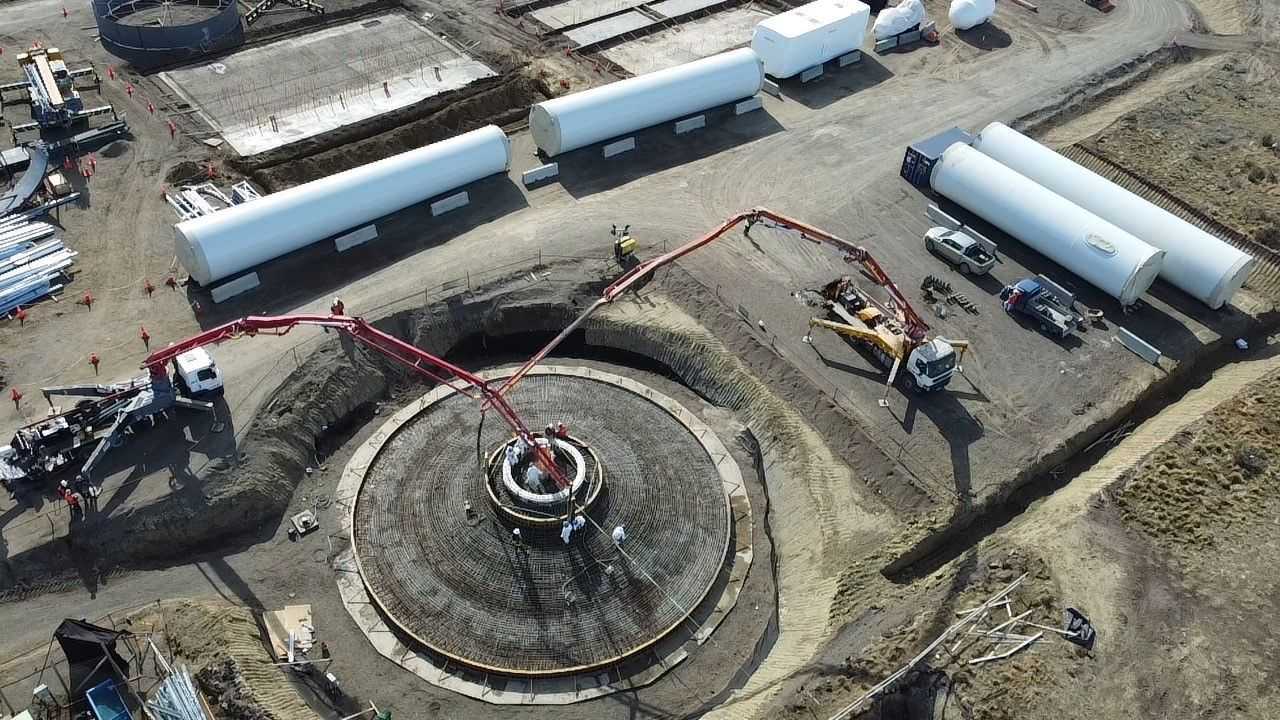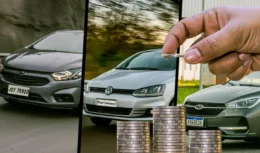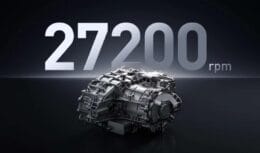
A Chilean company is developing a new fuel called eFuel. The product works like gasoline that is not derived from petroleum, and large companies, such as Porsche, are already investing in the company.
A company in Chile has developed a way to produce a new type of gasoline that is not derived from petroleum and which promises to be more sustainable. In practice, this fuel it can be used in the engines of cars, planes and ships, without the need to change the structure of the vehicles. The new gasoline was named eFuel and is a creation of Highly Innovative Fuels (HIF). The entire production process of the new product is done without the use of oil and uses only raw materials such as water and air.
Learn how the new non-petroleum fuel is produced
For the fuel to be produced, electrolyzers are used, which are responsible for the division of water into oxygen and hydrogen, through the use of wind power. From there, the carbon dioxide that is captured by the atmosphere is filtered and combined with hydrogen from the water, so that synthetic methanol is produced and converted into eFuel.
As much as major vehicle manufacturers are committed to creating electric cars, companies like Volkswagen, Bosch and Audi are also focusing on creating synthetic, zero-carbon fuels that are not derived from petroleum. Recently, the Porsche and other companies invested US$ 260 million in the Chilean producer.
The expectation is that the site will produce, still this year, 130 thousand liters of EFuel. The company's objective is to capture more than 25 million tons of carbon dioxide per year in the atmosphere and produce 150 barrels per day of the new fuel.
According to the startup, common gas stations, that is, derived from petroleum, would not need to be modified, as consumers could just access the existing pumps and fill their tanks. Furthermore, eFuel can be transported around the world, just like other common fuels are today.
According to the CEO and president of HIF Global, César Norton, the company's response to the current scenario of climate change is decarbonization, which brings a solution at a global level, making expansion in international markets an essential part of the company's strategy.
Porsche is investing in new synthetic fuel
This month, the multinational Porsche announced investments of US$ 75 million in HIF Global for the development of gasoline that is not derived from petroleum. According to the automaker, eFuel production could reach commercial scale later this year, because it is building a Haru Oni pilot plant, located in the Chilean port city of Punta Arenas.
When the first stage is concluded, the German will have two expansions of the complex, one in 2024 and another in 2026, increasing production, respectively, to 55 and 550 million liters of fuel without the use of oil.
In addition to Porsche, brands such as Siemens Energy and ExxonMobil are also involved in the production of the new synthetic gasoline. With the current investment by the German automaker, there is the possibility that additional plants in Chile, the United States and also in Australia will be developed.
German multinational will use eFuel in racing vehicles
Porsche plans to use, for the time being, the new fuel in competition vehicles, that is, in racing cars. However, in the future, eFuel should be present in common cars and factories. According to the company, the synthetic gasoline should help in the reduction of polluting emissions.
According to one of the members of Haru Oni's research and development team, Michael Steiner, the expectation is that the new product will contribute to the reduction of polluting gases in the atmosphere, in engines where petroleum-derived fuels are already burning.











